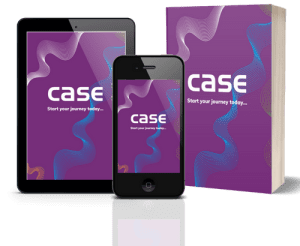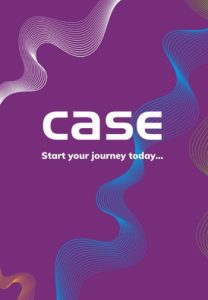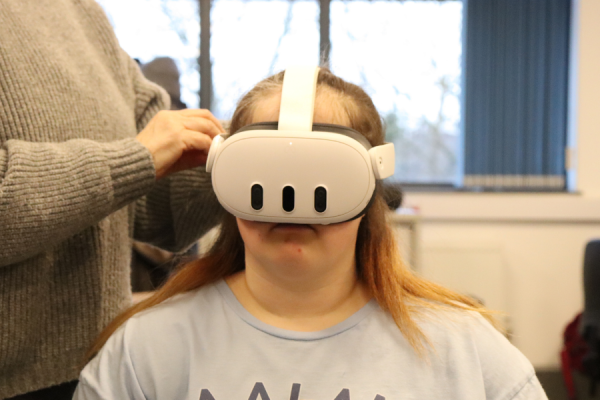Virtual Reality
Virtual Reality (VR) is a transformative technology with immense potential for people with learning difficulties. By immersing users in a 3D environment, VR can provide multisensory experiences that enhance learning and engagement, making complex concepts more accessible. For instance, platforms like Oculus Rift enable users to explore underwater worlds, interact with marine life, and participate in simulated activities that they might never experience in real life. This not only enriches their understanding of various subjects but also boosts their confidence and motivation to learn.
Additionally, applications like the Colouring Book app can make users feel as though they are standing inside the book, surrounded by vibrant, interactive illustrations. This immersive experience can turn a simple colouring activity into an engaging adventure, allowing users to explore and interact with the scenes they are colouring. The app can enhance fine motor skills and stimulate creativity, while also providing a calming and enjoyable experience. As a result, VR opens up a world of opportunities, offering unique educational experiences and making learning both fun and effective for individuals with learning difficulties.










